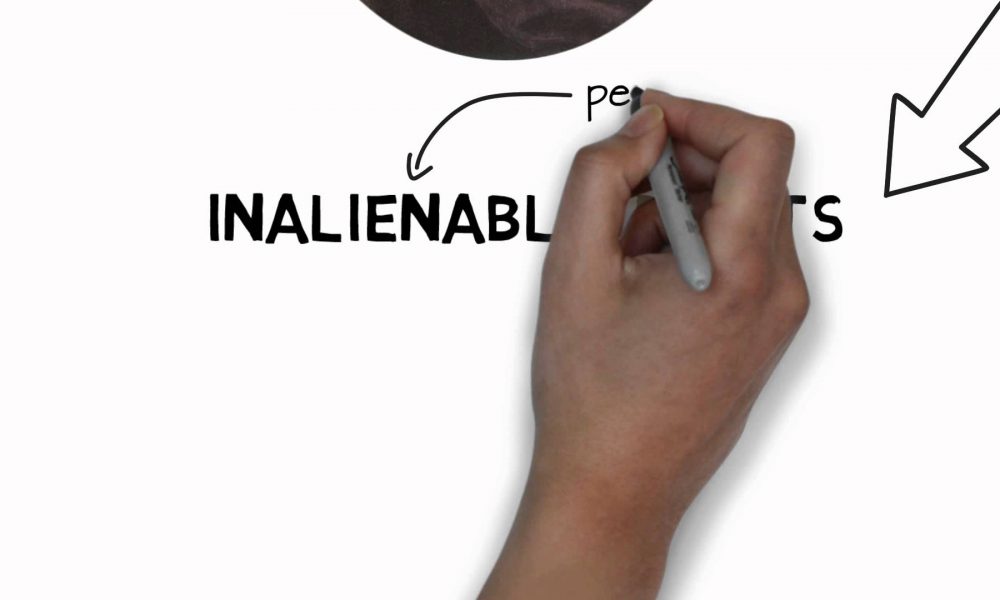
1st June 2018 — Ruby
John Locke
- how to deal with people with different religious views than you.
- Thomas Hobbes
- “all of us start off in life with minds that are blank” – Locke
- “everything we think and know are from what we own experiences.” – Locke
- ideas we make when we are young are more important to when we are older, because they’re the foundation of our thoughts forever.
- tabula rasa
- we aren’t born with any knowledge
- knowledge comes from sense data
- primary and secondary qualities of all things
- primary qualities are qualities that all physical objects have.e.g. solidity, density, weight, figure, mobility. Primary qualities belong to the thing itself.
- secondary qualities are “not real” and are created within individual minds. e.g. colour, taste, texture, smell, sound.
- The distinction between primary and secondary qualities explain the disagreements that we all have on our perceptions of the world.
- empiricism
- English philosopher 1632-1702
- “white paper, void of all characters.” – Locke
- Argues how god couldn’t have made anyone born king.
- inalienable rights. life, liberty and possessions.
- Lockes goals within his text was to be able to claim what is legitimate and what is not.
- Emirical means experimental, that your thoughts are gained by sensory experiments.
- “He is attentively considers the state of a child… will have reason to think him stored with plenty of ideas, that are to be the matter of his future.” – Locke
- “to be more cautious in meddling with things that are beyond its powers to understand;”
- “Book I argues that we have no innate knowledge. (In this he resembles Berkeley and Hume, and differs from Descartes and Leibniz.) So, at birth, the human mind is a sort of blank slate on which experience writes. In Book II Locke claims that ideas are the materials of knowledge and all ideas come from experience. The term ‘idea’, Locke tells us “…stands for whatsoever is the Object of the Understanding, when a man thinks” (I.1.8, N: 47). Experience is of two kinds, sensation and reflection. One of these—sensation—tells us about things and processes in the external world. The other—reflection—tells us about the operations of our own minds. Reflection is a sort of internal sense that makes us conscious of the mental processes we are engaged in. Some ideas we get only from sensation, some only from reflection and some from both.” – https://plato.stanford.edu/entries/locke/
- “At the time it was widely thought that certain ideas and principles were imprinted on human beings from birth and that these were essential to the stability of religion and morality and I think this is one reason why Locke spends so much time debunking the notion of innateness” – http://www.thegreatdebate.org.uk/LockeEpistem.html
- “It seems to me a near contradiction to say that there are truths imprinted on the soul, which it perceives or understands not; imprinting if it signify anything, being nothing else but the making certain truths to be perceived.” – Locke
- “Other lessons were impressed upon me even more deeply. I heard of the difference of sexes, and the birth and growth of children, how the father doted on the smiles of the infant, and the lively sallies of the older child, how all the life and cares of the mother were wrapped up in the precious charge, how the mind of youth expanded and gained knowledge, of brother, sister, and all the various relationships which bind one human being to another in mutual bonds.” – Frankenstein
- “Of what a strange nature is knowledge? It clings to the mind when it has once seized on it like a lichen on the rock.” – Frankenstein
- “I ought to be thy Adam; but I am rather the fallen angel.” – Frankenstein
- “Yet my heart overflowed with kindness and the love of virtue. I had begun life with benevolent intentions and thirsted for the moment when I should put them in practice and make myself useful to my fellow beings.” – Frankenstein
- “Why did I live? Why, in that instant, did I not extinguish the spark of existence which you had so wantonly bestowed? I know not; despair had not yet taken possession of me; my feelings were those of rage and revenge. I could with pleasure have destroyed the cottage and its inhabitants and have glutted myself with their shrieks and misery… All, save I, were at rest or in enjoyment; I, like the arch-fiend, bore a hell within me, and finding myself unsympathised with, wished to tear up the trees, spread havoc and destruction around me, and then to have sat down and enjoyed the ruin.” – Frankenstein
- WHAT IS SHELLEY’S POINT ON THE THEORY? SHAPED INTO WHO WE ARE BY EXPERIENCE.
- Which until you really delve into their life you can really never know anything about for certain. Which came into fruition with Frankenstein’s creation as he began life having to learn even the most basic skills. He started kind. And grew into a murderous beast who had suffered great public brutality and shame. – me
https://owlcation.com/humanities/Key-Concepts-of-the-Philosophy-of-John-Locke